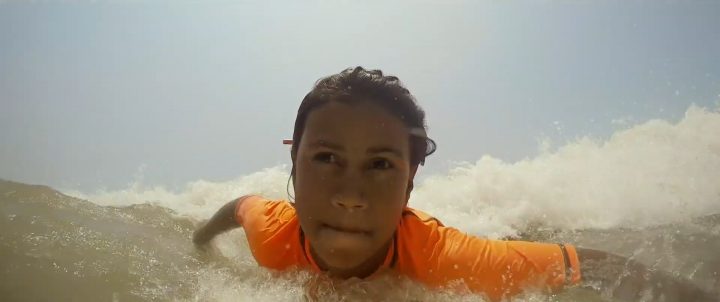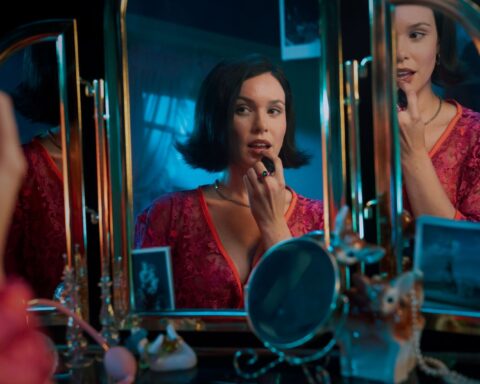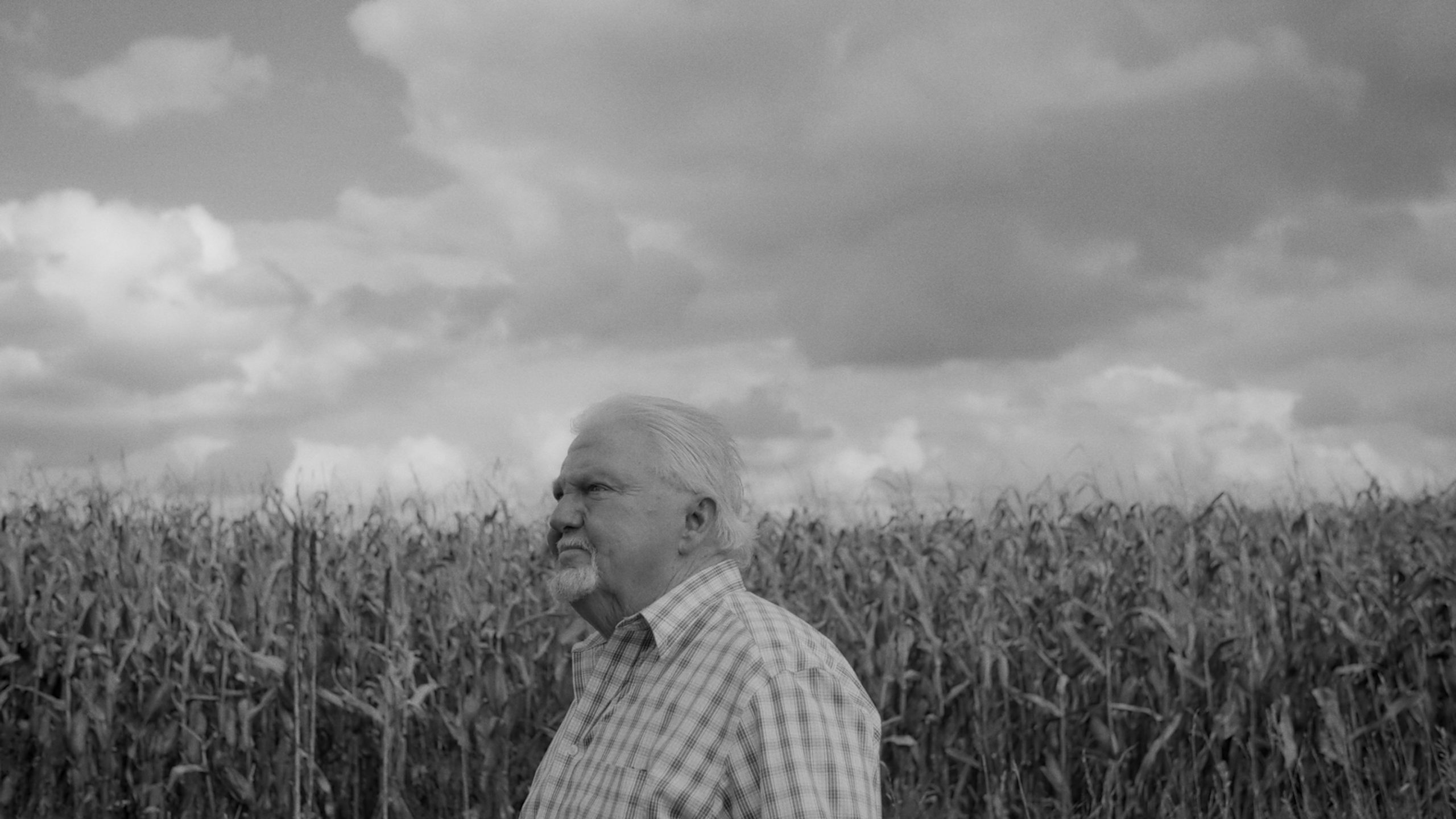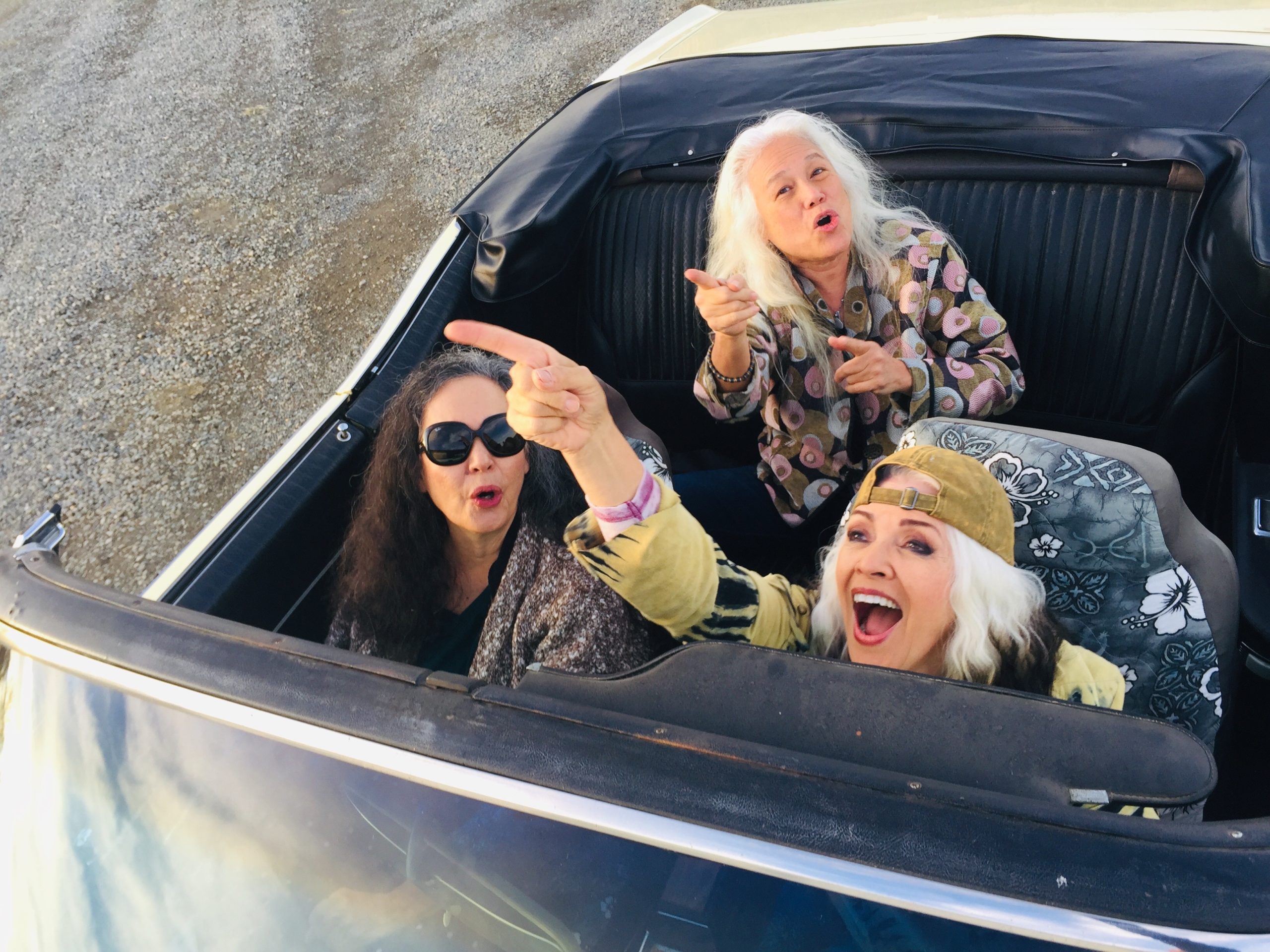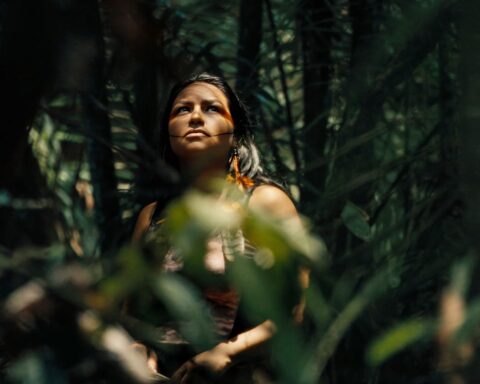As young teenage girls catch the waves off the beach at Cox’s Bazar in Bangladesh, the scene is almost harrowing. The surf dwarfs the girls, the waters swirl and when they’re tossed off their boards, they look enormously vulnerable.
One of the most powerful impacts of Elizabeth D. Costa’s Bangla Surf Girls is the sense it gives that you’re in the water with these persistent young athletes.
Some of that effect comes from the expert deployment of GoPro cameras and even some drone shots. Costa was close by, shooting a good deal of the action herself. But as she describes the process, she surprises me with a personal detail.
“I don’t know how to swim,” she admits in a telephone interview, “but I felt a connection with the sea and these girls. When I was holding the camera I forgot there was water.”
And she did finally surf herself, an accomplishment, for sure, but the essential triumph is the film itself. It’s the story of young girls—Shobe, Suma and Ayesha, who pursue surfing as a means of personal liberation from a life of poverty. The movie is beautiful to look at, with atmospheric shots of the sea and gorgeous sunsets and the backdrop for the girls as they glide along.
But it is also packed with powerful emotion. These girls are passionate in their pursuit of excellence, supported by their surfer club and its leader, Rashed. They’re aching to compete internationally. With a set-up like that, you’d hope the girls fulfill their dreams to travel, head to India, win the competition and return to roars of approval from their community.
Not so fast—-that’s the Hollywood ending. In life things are more complicated. The girls find themselves in conflict with their families, who either want a better life for them or would rather their daughters continue to bring in money by selling their wares–hand-made jewelry derived from seashells, for example–to tourists on the beach. Costa met them when she was on holiday.
“I had heard about them through international news outlets that had covered them and I was trying to find a way to connect,” she tells me on the phone. “They were such an unusual sight. The girls running along the beach with their surf boards were the same ones who were selling on the beach. They were trying to be self-sufficient but at the same time they were just kids. They wanted to play and enjoy some freedom.”
She sensed early on that their stories might make the basis of a film but she knew that cameras were out of the question until she established some level of trust. She began by engaging Rashed, who introduced her to Shobe, Suma and Ayesha. Shobe was grappling with her family’s insistence that she marry—at the age of 13. Suma was an expert beach merchant with a scar on her face, the product of a surfing accident, and Ayesha’s father was overtly hostile to her surfer aspirations.
“First of all, we got to know each other as a sisterhood,” Costa recalls. “They didn’t see me as a filmmaker. We connected as sisters. The families let me stay in the slum houses where they live. I was willing to know their lives.”
When the kids saw that their families were giving permission and saw Costa was comfortable with them, they began to open up–not right away or all the time, though. Costa laughs. “I’m telling you all of this in complete sentences but it took a while to get more than ‘yes’ and ‘no’ out of them.”
She connected to Lalita Krishna who was working on another film in Bangladesh and was looking for new projects. Krishna was immediately drawn to the surfers and Costa did a quick show reel in an effort to raise funds. Key grants came in, including from Chicken and Egg Films, an organization that supports filmmakers from diverse backgrounds committed to social change. And later Krishna came on as producer and co-writer.
“She was my producer and mentor,” says Costa. “We talked a lot when I was facing challenges and making decisions about where the film was leading and she knew what I was filming everyday,” which helps explain how Costa managed to create such an accomplished first feature.
In the end, Costa mined her increasingly trusting relationships to create an incredible intimacy that is an essential part of the documentary. You get the sense that her subjects have forgotten completely that the camera is there. In one sequence, Ayesha’s father tracks her down after she’s tried to flee his household and threatens her in seriously frightening ways.
“I knew that he yelled at Ayesha all the time,” Costa says. “Finally, I was able to capture the moment. After three years, you’re waiting and waiting and then the moment happens authentically, spontaneously. I was afraid he might break my camera.”
Costa does everything she can to see things from the families’ perspectives, even that of the abusive dad, and is very careful not to badmouth them.
“I don’t want to take anyone’s side. I want to show the contradictions. Bangladesh is a country where parents yell at children for their own good. This is the dilemma: they want something better for the girls’ future but the girls want their future in surfing.”
Still, it’s clear where her heart is, and Costa cannot remain entirely neutral. When I gently press the point and remind her that Ayesha’s father wants her to keep selling on the beach while he is staying home not doing much of anything, she gently agrees, “Yes, he was eating off the girls.”
She faced another dilemma when Shobe starts having difficulty getting a passport so she can travel to India for the surfing competition. Her parents previously faked a passport, claiming she was much older, which could facilitate arrangements for her wedding, and the authorities are on to them. It’s one of those moments when a documentary filmmaker aches for her subject, but knows she’s onto a magic moment that will be good for the film. But Costa doesn’t put it quite that way, allowing that the situation was only interesting.
“As a sister, I was sad, but as filmmaker, I was curious to see where it goes. Winning and losing, they’re both part of are the stories, as long as we don’t give up on our dreams. These girls taught me that.” And as you watch these resilient, persistent girls ride the surf, don’t be surprised if you find yourself riding your own wave of emotions.
Bangla Surf Girls premieres at Hot Docs 2021.




